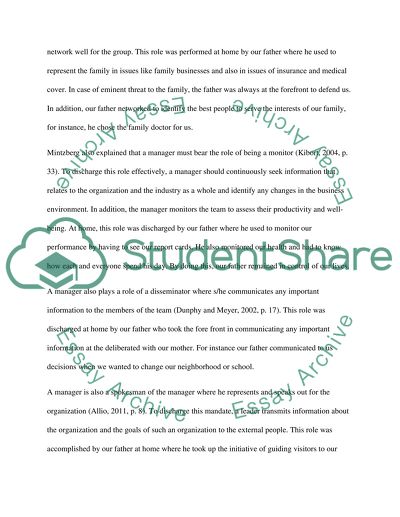Cite this document
(“Entrepreneurial Psychology Essay Example | Topics and Well Written Essays - 1500 words”, n.d.)
Entrepreneurial Psychology Essay Example | Topics and Well Written Essays - 1500 words. Retrieved from https://studentshare.org/psychology/1600518-entrepreneurial-psychology
Entrepreneurial Psychology Essay Example | Topics and Well Written Essays - 1500 words. Retrieved from https://studentshare.org/psychology/1600518-entrepreneurial-psychology
(Entrepreneurial Psychology Essay Example | Topics and Well Written Essays - 1500 Words)
Entrepreneurial Psychology Essay Example | Topics and Well Written Essays - 1500 Words. https://studentshare.org/psychology/1600518-entrepreneurial-psychology.
Entrepreneurial Psychology Essay Example | Topics and Well Written Essays - 1500 Words. https://studentshare.org/psychology/1600518-entrepreneurial-psychology.
“Entrepreneurial Psychology Essay Example | Topics and Well Written Essays - 1500 Words”, n.d. https://studentshare.org/psychology/1600518-entrepreneurial-psychology.


